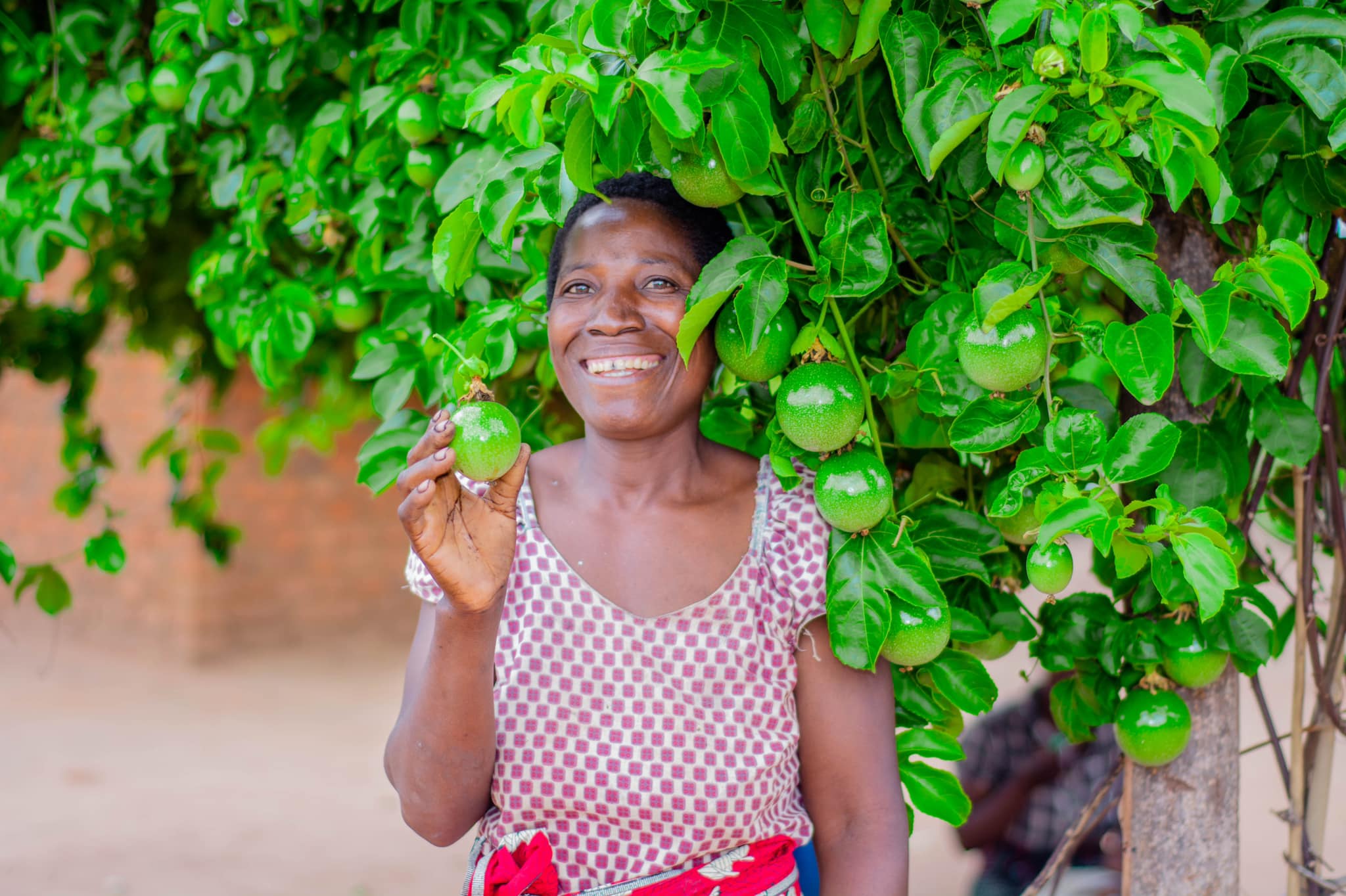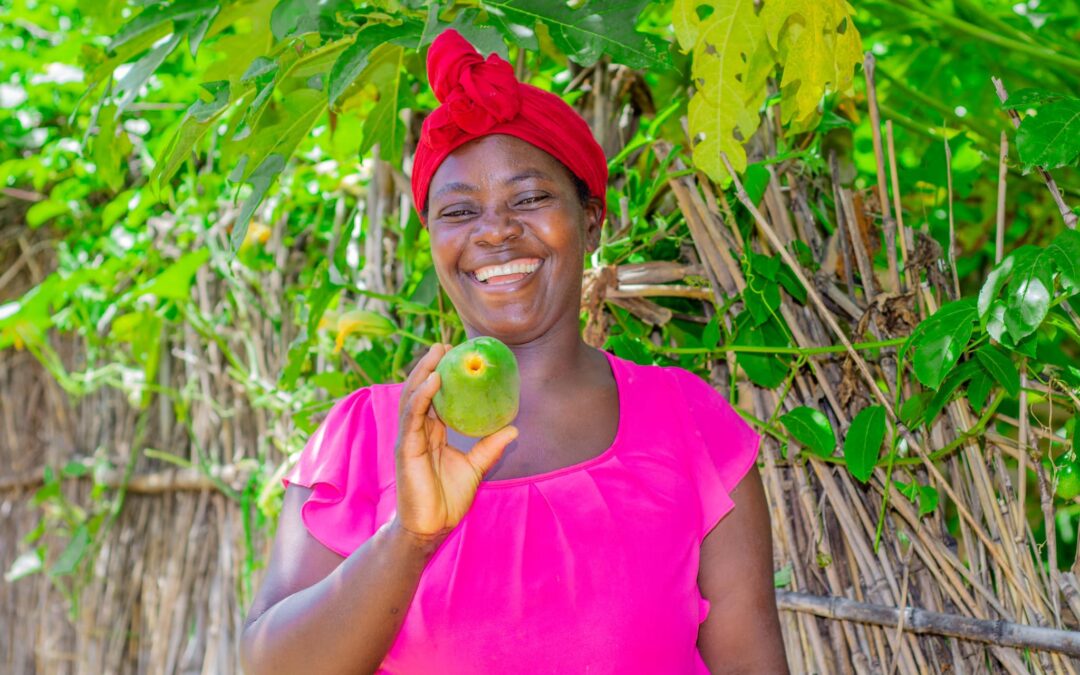In the heart of Malawi’s Mchinji district, where the rhythm of life is often dictated by the capricious dance of rain, a remarkable tale of resilience is unfolding. Despite facing the wrath of not one, but two prolonged dry spells, the farmers of Mchinji are finding abundance in unexpected places.
Malawi, like many nations, is grappling with the harsh realities of climate change. The erratic rainfall patterns have wreaked havoc on the predominantly rain-fed crops, leaving fields parched and hopes dwindling. The narrative begins with the optimism sparked by the initial rains, prompting farmers to sow the seeds of maize. However, the first dry spell struck, mercilessly reclaiming the nascent crops.
Undeterred, Mchinji’s tenacious farmers took a second chance, reseeding their fields in anticipation of a better outcome. Unfortunately, nature had other plans, subjecting them to yet another bout of arid conditions. The once promising maize fields now stood desolate, matured but barren, as the life-giving waters eluded them.
Yet, amid this agricultural turmoil, a silver lining emerged. Mchinji’s farmers, demonstrating an admirable spirit of adaptability, had diversified their crops. Beyond the maize fields, papayas swayed in the breeze, lemons hung like golden ornaments, passion fruits ripened with intensity, and bananas beckoned with promise. Custard apples and an array of native fruits adorned the resilient landscapes.


This diversification has become a lifeline, offering an alternative source of sustenance and income for the farmers. While the traditional crops withered away, these hardy fruits stood tall, defying the odds. The once-threatened harvest season now boasts a colorful tapestry of produce, showcasing the resilience of Mchinji’s agricultural community.
In the face of climate change, Mchinji’s farmers are not merely survivors; they are architects of adaptation. The challenges have spurred them to redesign their farms, creating ecosystems that withstand the unpredictable whims of weather. The adversity has become a catalyst for innovation and a testament to the indomitable human spirit.
As the rest of the world grapples with the ramifications of climate change, Mchinji’s story stands as a beacon of hope—a testament to the boundless potential of nature and the unwavering determination of those who cultivate the land. In the midst of crisis, Mchinji’s farmers have unearthed abundance, reminding us all that even in the harshest conditions, life finds a way to



